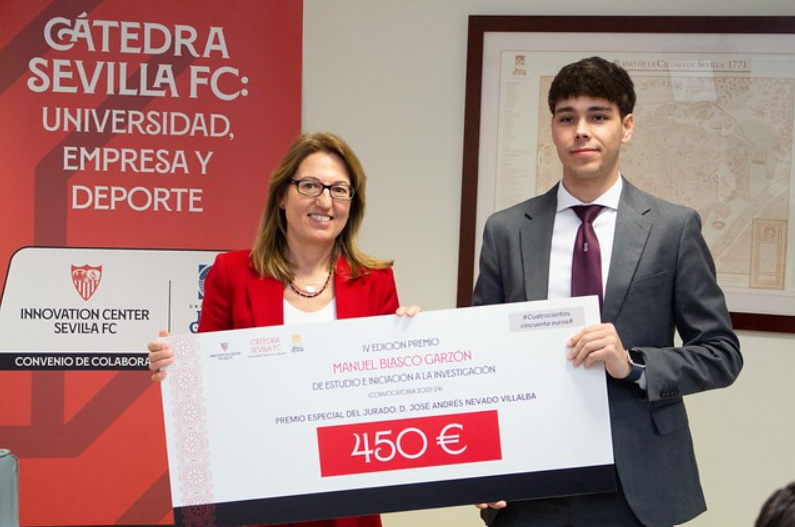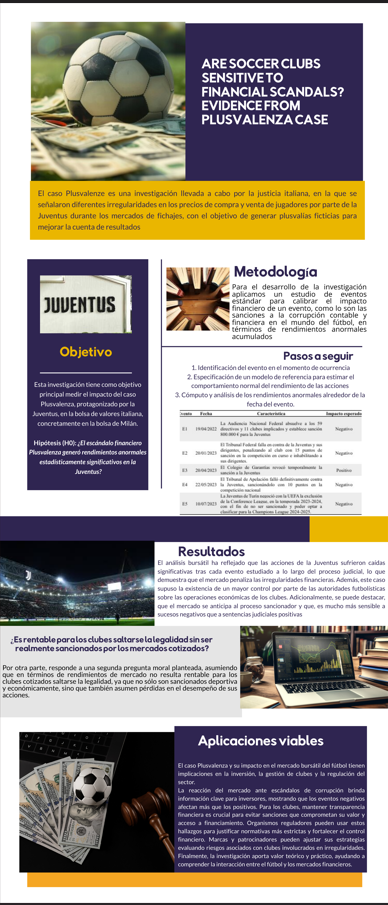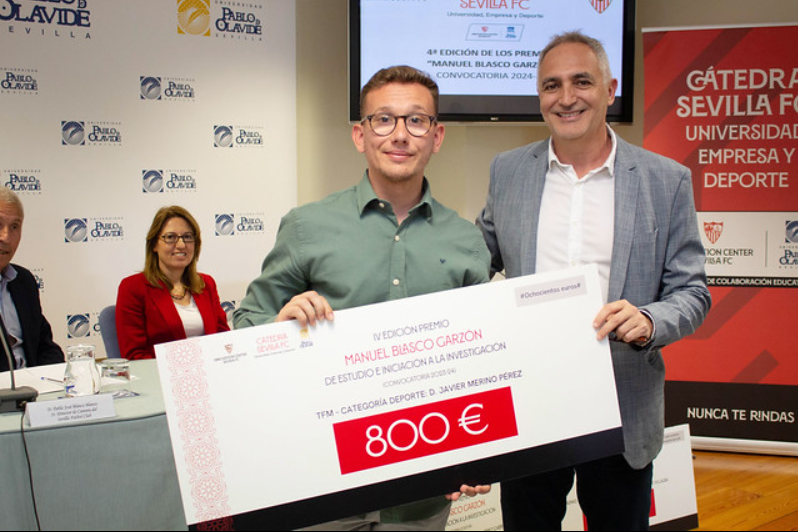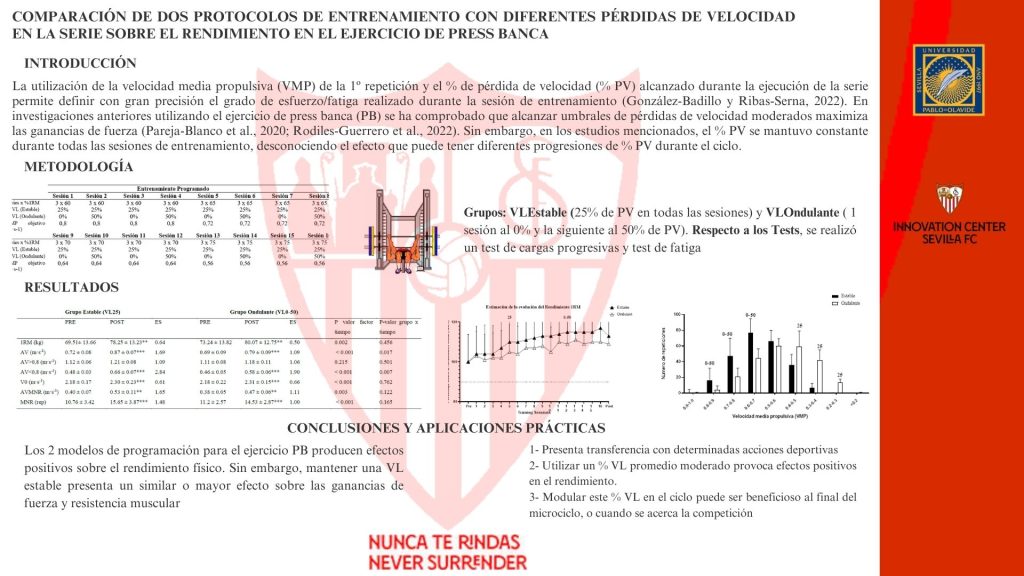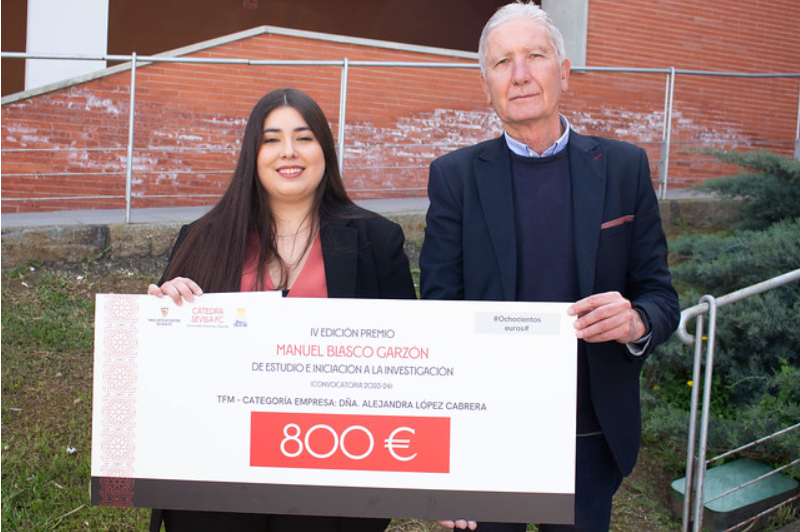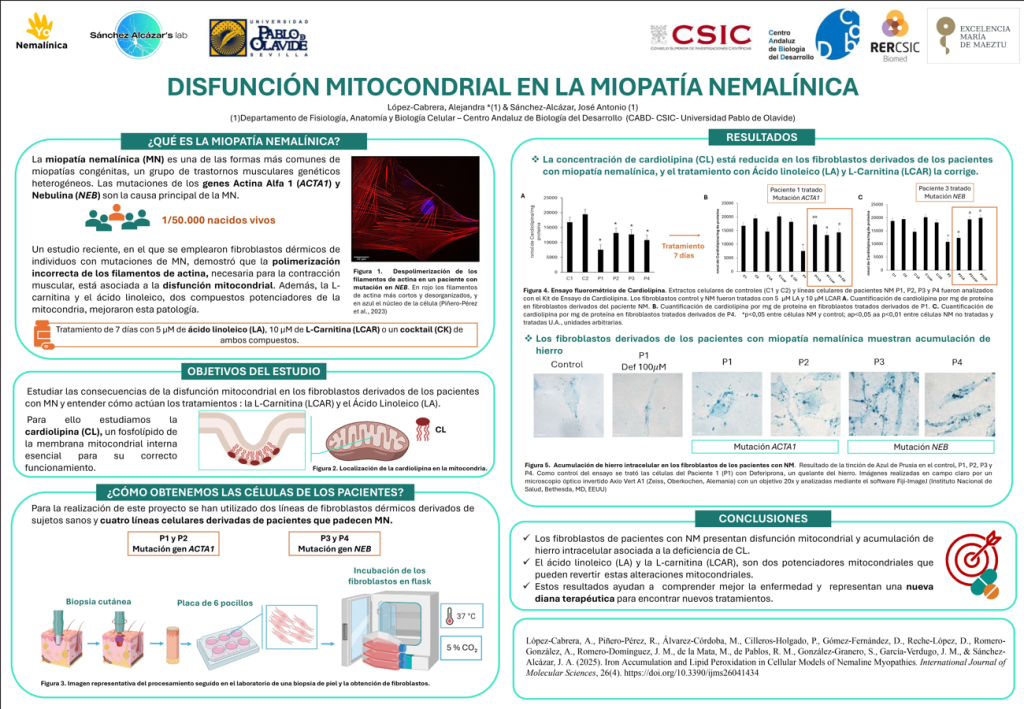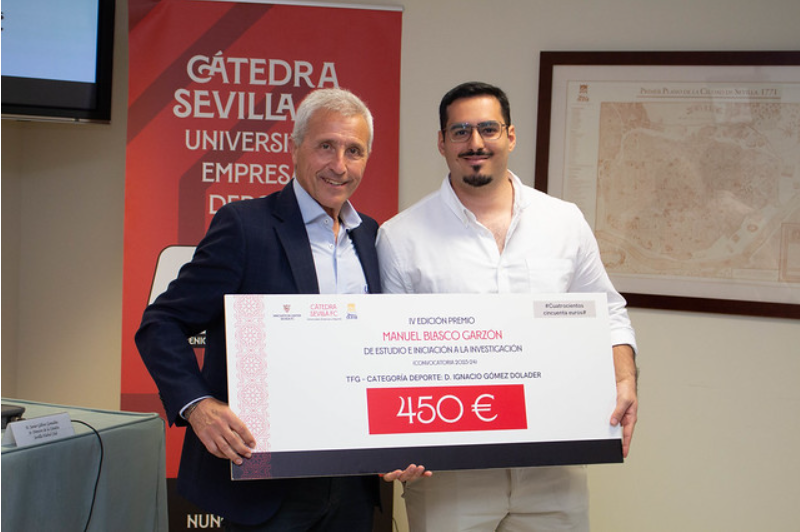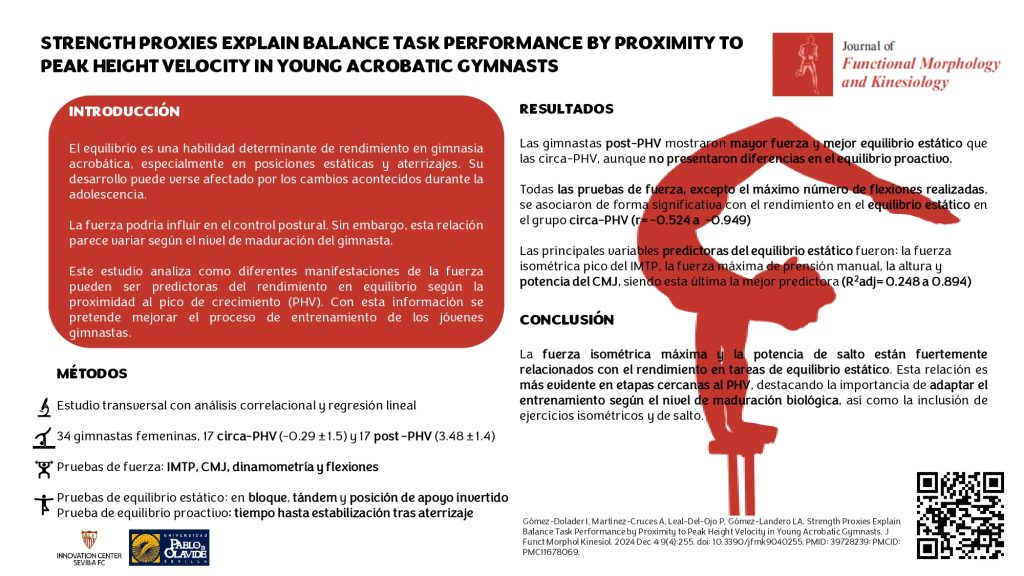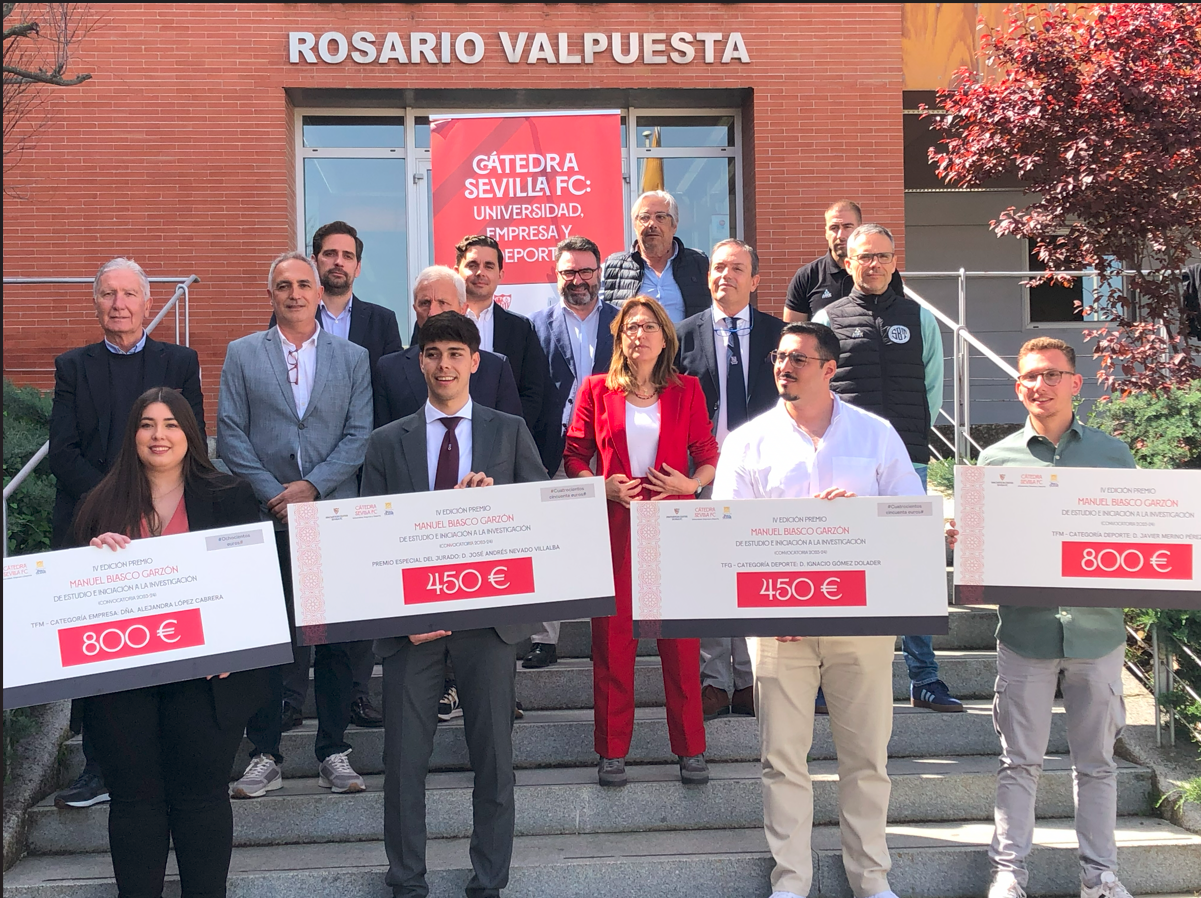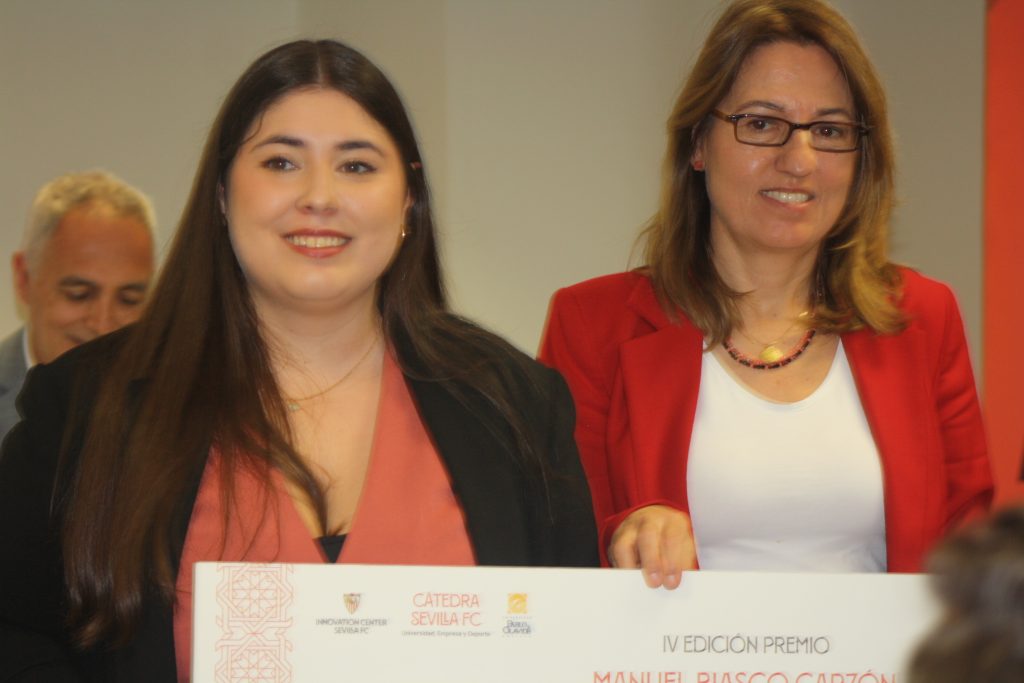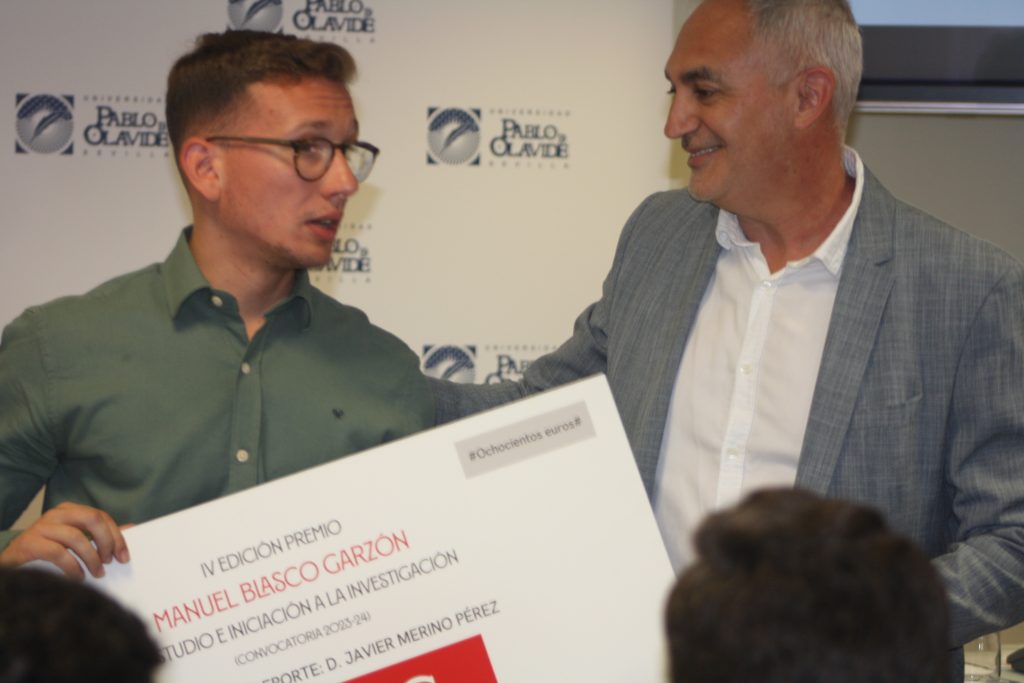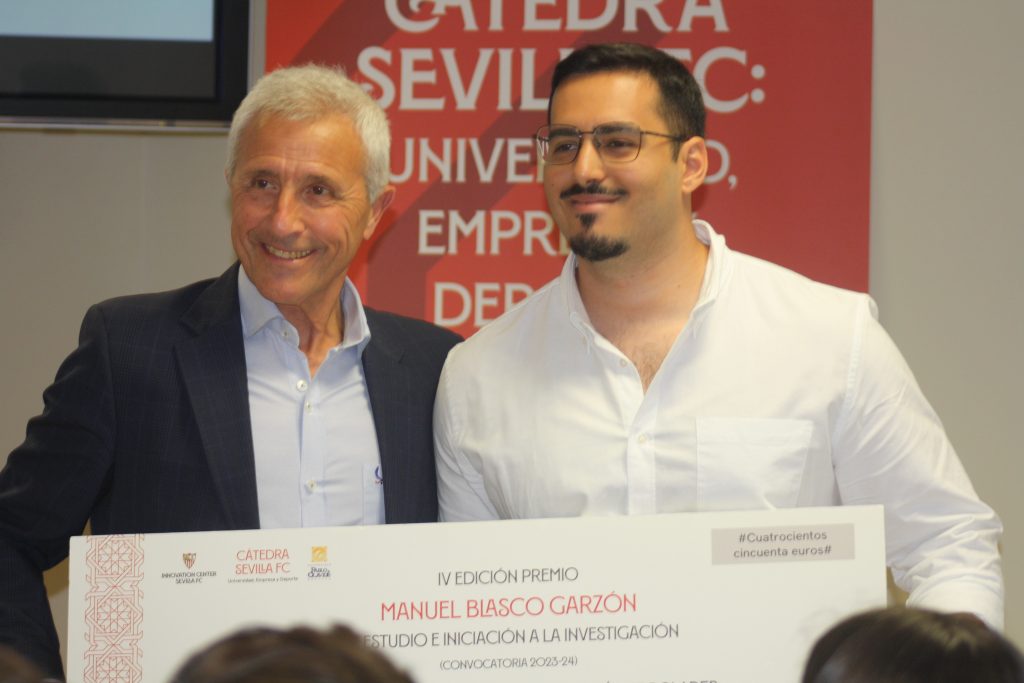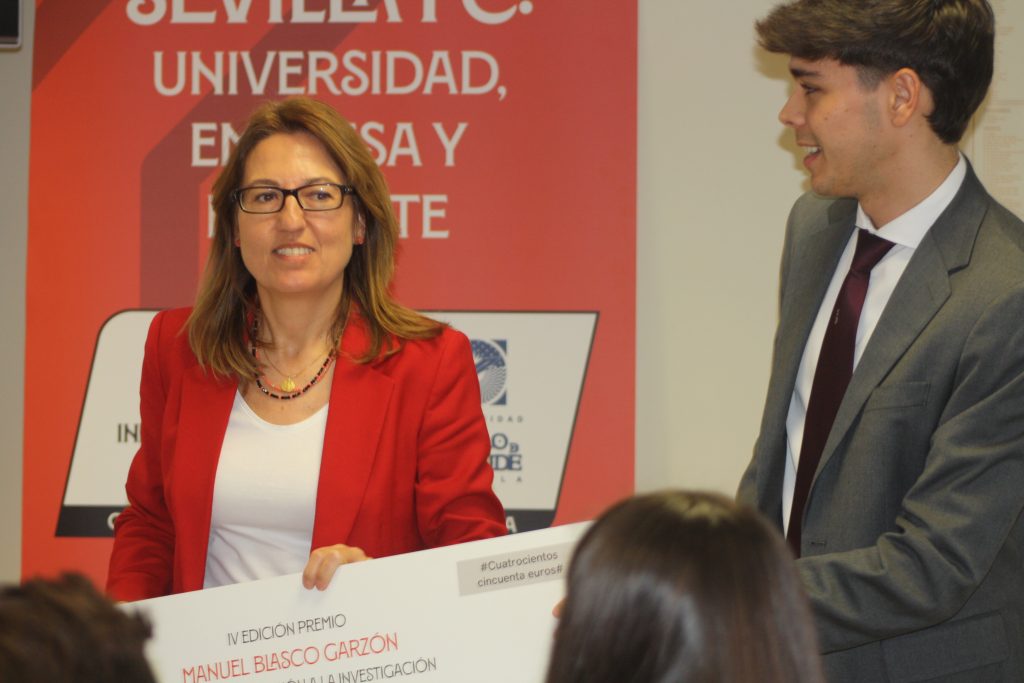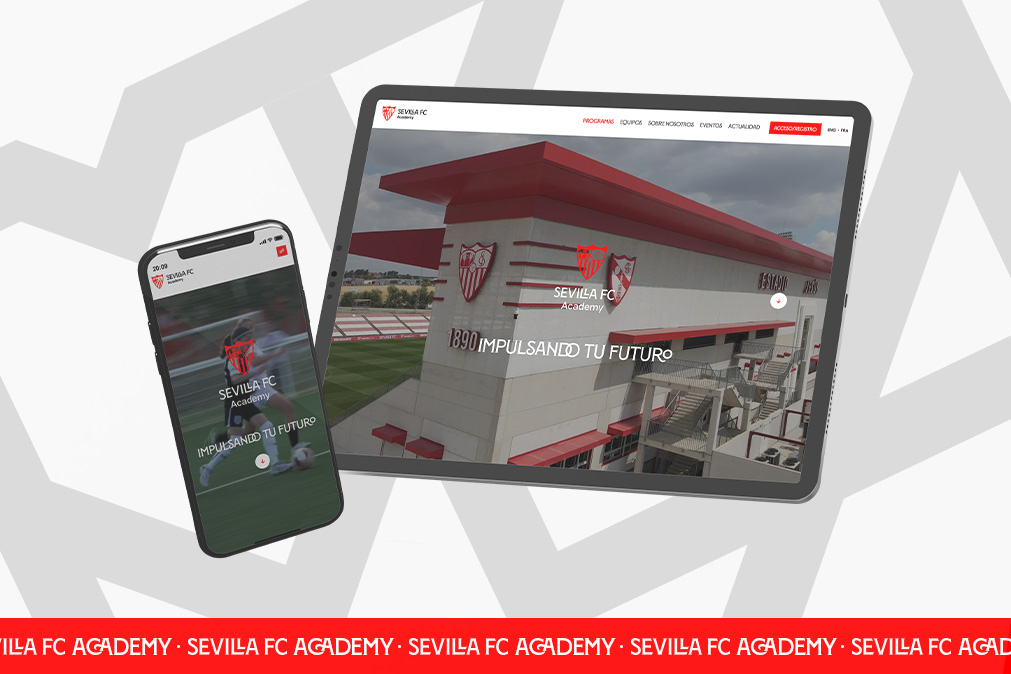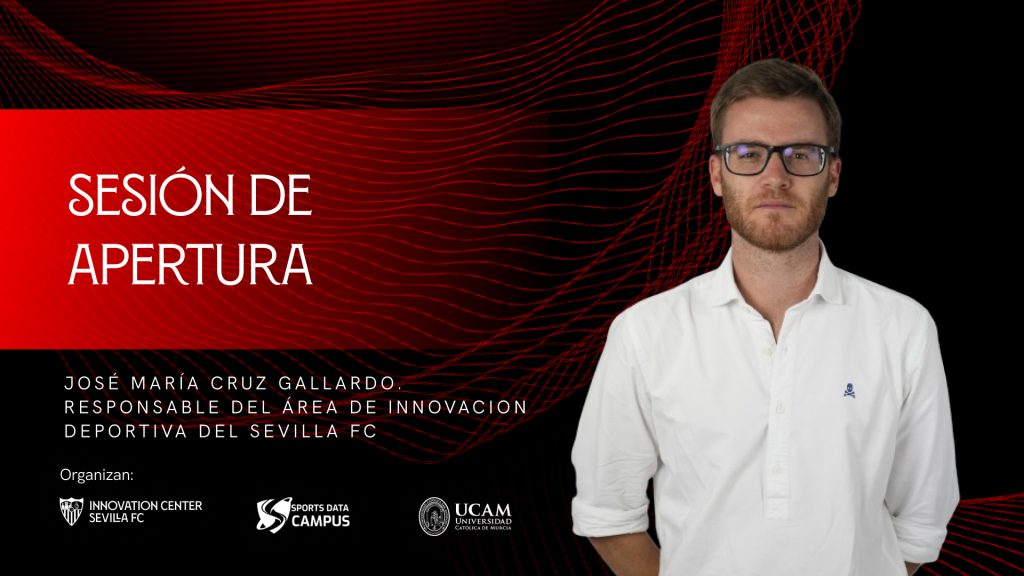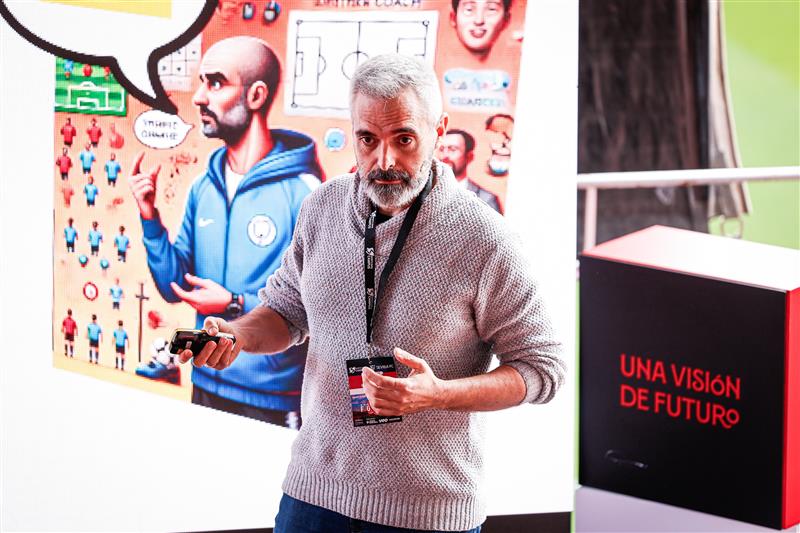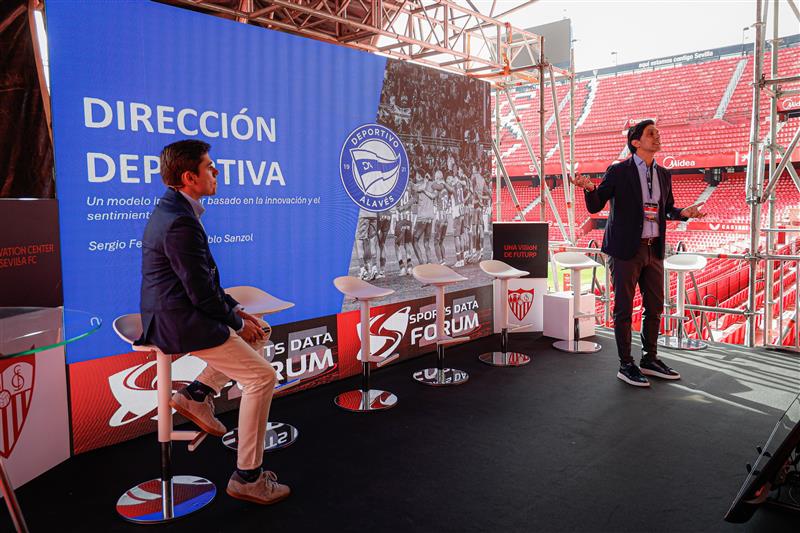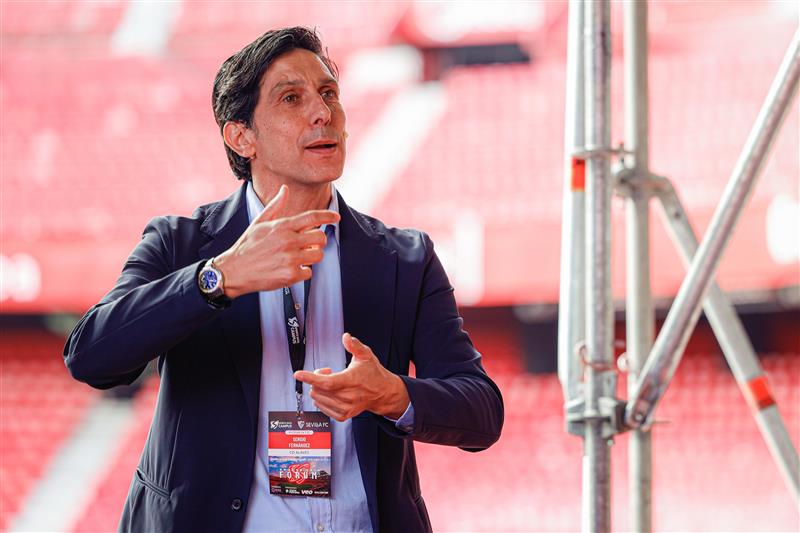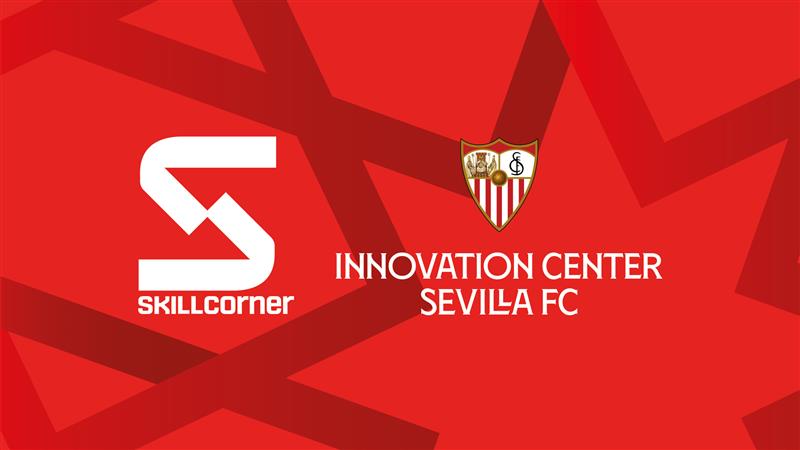
Sevilla FC’s Innovation Center has signed a collaboration agreement with SkillCorner, one of the leading companies in sports data automation and analysis, with the aim of conducting research on advanced metrics and generating knowledge to share with the football community. This strategic alliance strengthens the club’s commitment to technological innovation and reinforces its position as one of the leading sports entities in applying artificial intelligence to scouting and player development.
Thanks to this agreement, both organizations will work together on the analysis of Game Intelligence, a system for the automated collection and analysis of dynamic game event data. This technology provides insights into player performance, including pass selection and execution, off-the-ball movement, and defensive contributions, all backed by key physical attributes. Game Intelligence allows for precise and actionable data, enriched with the real context of the game.
SkillCorner, with around 250 clients and coverage of more than 100 competitions, specializes in providing highly reliable, automated sports data to help clubs make better decisions in recruitment, player development, and team strategy. The company has developed an innovative model that surpasses traditional analysis methods, which are still dependent on manual intervention, establishing itself as a leader in the football industry. Additionally, as part of this initiative, research articles on the use and conclusions of advanced metrics in the game will be shared with the general public.
Andy Martínez, a representative from SkillCorner, highlighted the benefits of the agreement with the Sevilla FC entity: “Our collaboration with Sevilla FC, through its Innovation Center, responds to a shared goal: to provide football clubs with knowledge based on cutting-edge scientific data, so they can remain at the elite level and optimize their performance. By combining Sevilla FC’s extensive football experience with SkillCorner’s proven track record in generating and analyzing innovative and consistent data, we are jointly driving a qualitative leap in understanding the world’s most beautiful sport.”
Sevilla FC continues to establish itself as a pioneer in the application of technology for scouting, game analysis, and talent development, betting on artificial intelligence and data analysis as strategic pillars for the future of football. With this partnership, the club strengthens its leadership position in innovation and knowledge applied to high performance, benefiting not only its sporting structure but also the global football community.
